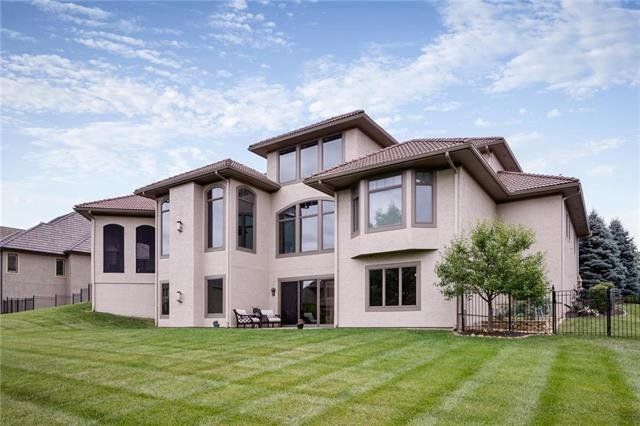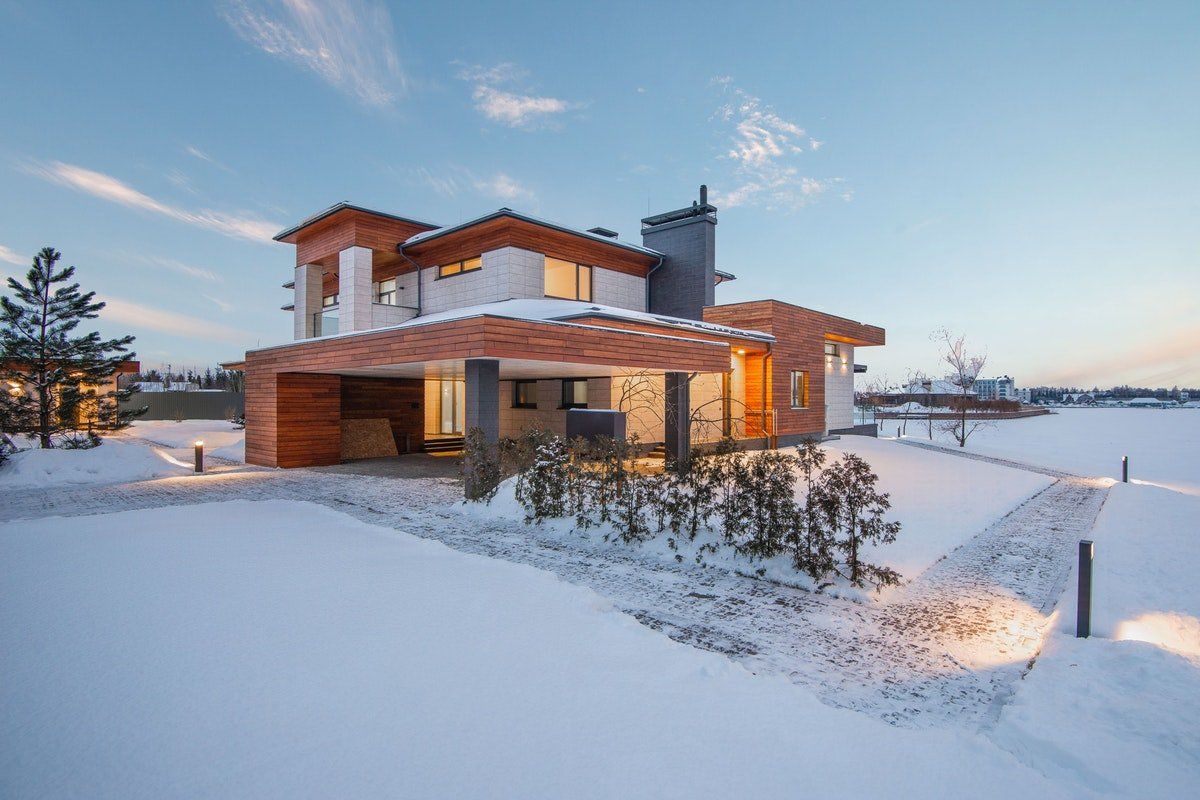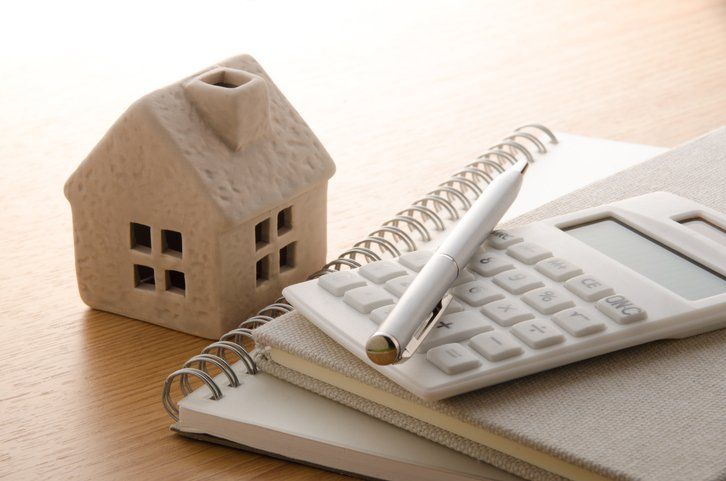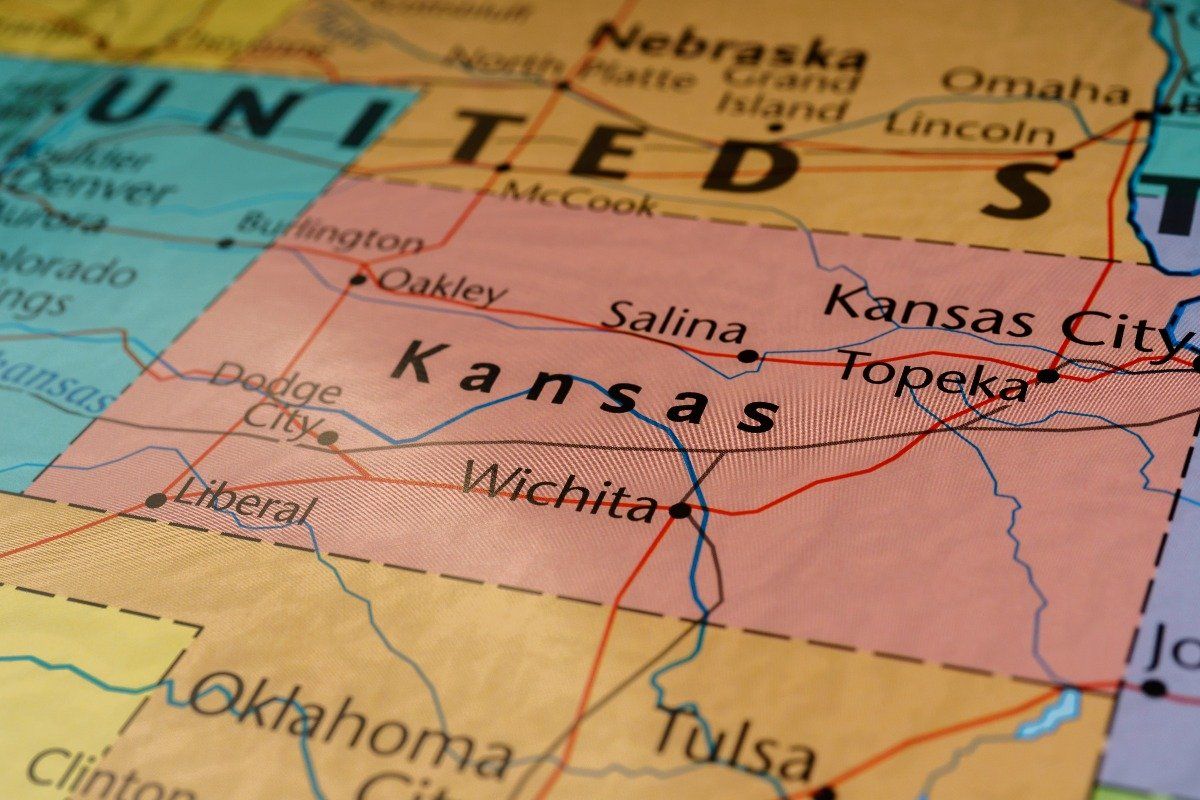What Makes a Neighborhood Great? Here Are 9 Things to Look For
Location, location, location! You’ll see this phrase mentioned in almost any moving or real estate buying tips—and for a reason. The area you’re moving to or buying a property in is one of the most, if not the most, important factors to consider.
Why Location Matters
While “location, location, location” is a common mantra in real estate, not many people realize what it actually means or why, exactly, location matters.For one, the neighborhood that a property belongs to determines the value of that property. Rough neighborhoods may have more affordable properties, but you risk security. Better neighborhoods, meanwhile, have everything you need that makes investing your resources worth it.But what exactly makes a good neighborhood? We discuss the components of one below.
It’s accessible
A good neighborhood is a diverse neighborhood occupied by people from different backgrounds. As such, everyone should have the means to navigate the area comfortably, making it fully accessible.The first measure of accessibility is a neighborhood’s walkability. Can you walk to markets and restaurants, or are most establishments only reachable by driving? Are there sufficient sidewalk spaces and other car-free areas you can safely walk on?Walkability is a key component of a good neighborhood because it allows you to leave your car keys at home and simply stroll from one place to another. This helps you save on fuel and reduce the number of vehicles on the road.Walkable neighborhoods also indicate that everything is within reach, making them ideal places to live in even. Plus, it encourages walking, which is an excellent exercise for people of all ages.Another important measure of accessibility is the presence of public transportation. This is essential for residents who don’t have their own vehicles but need an easy way to get to parts of the neighborhood that are farther away.Are there bus, tram, or train systems in your neighborhood? Do they allow pets, and can they accommodate people with special needs, such as the elderly and those using wheelchairs?In Kansas City, for example, several forms of public transport exist. These include the free-to-ride Kansas City Streetcar, which travels 2 miles through the heart of downtown and RideKC, the local bus system with dozens of routes across the metro.
It provides safety and security
An ideal neighborhood provides security for every resident. That means parents can feel comfortable seeing their children play outside, and everyone can feel safe walking alone at night.Before deciding on where to move or buy a property, make sure to check the crime rate in the state or, even better, the specific city and neighborhood you’re looking into. If the crime rate is high, you might want to consider searching elsewhere.Of course, no place is completely safe and free of the possibility of a crime occurring. But if there are neighborhood watch groups and the local government has police-community engagement activities like crime prevention courses, you can rest assured that it’s a place that places importance on everyone’s safety.
You have a full range of public services
The presence of quality public services, or services provided by the government for the people, is an indication of a good neighborhood. It means residents have access to services vital to their everyday lives.Examples of vital public service providers are police stations, fire stations, and emergency services. Public transportation, like bus and train systems, as well as libraries and other public utilities, are also types of public services.These are vital to your everyday life because they provide services during emergencies or enrich and supplement your normal activities. When residents of a neighborhood have access to these resources, life within the community is easier and more peaceful, hence a great neighborhood.
Great schools mean great neighborhoods
Apart from public services, the quality of schools in and around an area is another indication of how good a neighborhood is.While the quality of an educational institution does not always reflect a student’s performance, you cannot deny that sending children to a school with the right facilities and faculty contributes to how well they can perform in school.You must also keep in mind that a “great school” doesn’t always mean a pricey private institution. In fact, quality public education is what makes a successful and dynamic local community.When everyone in your neighborhood, no matter their background, has access to free quality education, the entire community prospers together. And since the existence of public schools is a part of a local government’s public services, it further highlights the latter’s importance.As such, it’s important to look at neighborhoods with highly rated schools, especially if you have children or plan to have them in the near future.
Essential establishments are within reach
There are plenty of establishments vital to a good, thriving neighborhood. Hospitals, pharmacies, and banks are just some of them. Convenient access to these places is essential, especially because they serve emergency purposes, too.Even grocery stores and pet stores need to be within reach. It’s not ideal to live in a place where you have to drive an hour for a loaf of bread or a carton of orange juice.The proximity of these establishments means you don’t waste time stuck on the road, and you can instead use your time to do better things. And when residents of a neighborhood are happier and more productive, the whole community thrives.
It provides leisure and recreation options
While convenient access to establishments that provide access to essential needs, like hospitals and schools, is necessary, you can’t forget about leisure and entertainment, too.A good neighborhood offers an array of recreation options, from well-maintained parks and hiking or biking trails to swimming clubs and tennis courts. These outdoor spaces not only give you options for recreational activities, but also make the neighborhood look more attractive.A bustling nightlife also makes a neighborhood better. Movie theaters and clubs or bars where adults can have fun and let loose provide entertainment and help the local economy thrive.
It promotes sociability
Good neighborhoods promote sociability. After all, a tight-knit community can make for a comfortable place. Spots where you can spend time with your family, meet up with friends, or socialize to meet new ones, are important in keeping that sense of community alive.Spaces like parks and playgrounds allow children to meet other children their age who could be their potential best friends. They are also places where new parents can meet other parents and bond or where dog owners can run into other dog owners and become friends.Knowing who you share the neighborhood with makes it easier to connect with your community. This is why spaces that promote sociability are essential for a great neighborhood.
It fits your lifestyle
Suffice it to say, a suburban gated community neighborhood may not be the perfect fit for a single young professional in the same way that an apartment in a bustling downtown neighborhood may not be ideal for a family with small children.As such, a good neighborhood is a neighborhood that fits your current lifestyle. If you’re young in age or at heart and looking for fun, you may want to look into hip and trendy neighborhoods. If you’re career-driven, then a bigger city with a wider selection of job opportunities may suit you.And if you have a family or are starting one, you want a place that gives you and your family enough space to grow.
You have a choice of housing types
While different neighborhoods appeal to different lifestyles, there are plenty of places that allow all of them to coexist. This type of neighborhood is perfect for people transitioning from one point in life to another without wanting a huge change in their environment.As such, a great neighborhood is one that offers a variety of housing options. In these neighborhoods, people can find a home in a small studio apartment or a two-story house with a wide backyard and picket fence.When you have these choices, you can start in that place as a single person living in a one-bedroom apartment and, years later, move your family into a bigger, more suitable home.This way, if you loved the place when you were younger, you don’t have to say goodbye to it and can still enjoy its many benefits even as you move on and grow.
Find the Perfect Place in the Perfect Neighborhood
Kansas City is Midwestern hospitality at its finest. It features a vibrant food and art scene and is known for jazz and fountains, hence the nickname City of Fountains.But that’s not all that Kansas City has to offer. With beautiful neighborhoods surrounded by the best educational institutions, global businesses, and excellent healthcare facilities, it has everything one would want in a place to live.If you want to move to the City of Fountains, let Cami Jones & Company help. We are a team of real estate professionals, providing clients with the best options for homes in Kansas City.We offer a boutique approach to our real estate services, ensuring that you see every property that fits your needs. You can expect help in every step of the home buying process from a team that works efficiently to ensure all your goals are met.Find your ideal home in one of Kansas City’s beautiful neighborhoods. Contact us today.






 The Job Market Is Diverse
The Job Market Is Diverse




 Cons
Cons


 Renting out your second house helps cover the expenses of buying the property. You can use your profit to pay your mortgage and have the renter pay for the utilities and some of the property upkeep expenses.Being a landlord, however, entails certain responsibilities to your property and your tenants. You need to comply with rental laws and other requirements to make your property safe for your tenants. You’re also responsible for the maintenance of the property and its utilities, meaning you’ll have to attend to issues regarding water, heat, and other services agreed upon in the lease.Here are some of the financial aspects of owning a rental property that you should consider.
Renting out your second house helps cover the expenses of buying the property. You can use your profit to pay your mortgage and have the renter pay for the utilities and some of the property upkeep expenses.Being a landlord, however, entails certain responsibilities to your property and your tenants. You need to comply with rental laws and other requirements to make your property safe for your tenants. You’re also responsible for the maintenance of the property and its utilities, meaning you’ll have to attend to issues regarding water, heat, and other services agreed upon in the lease.Here are some of the financial aspects of owning a rental property that you should consider.
